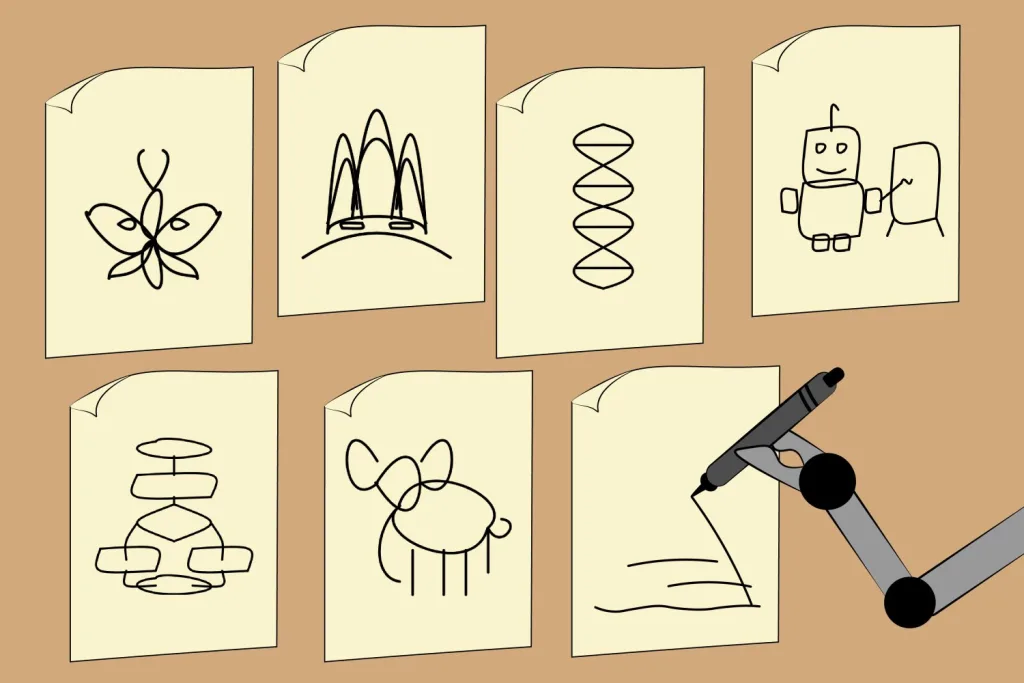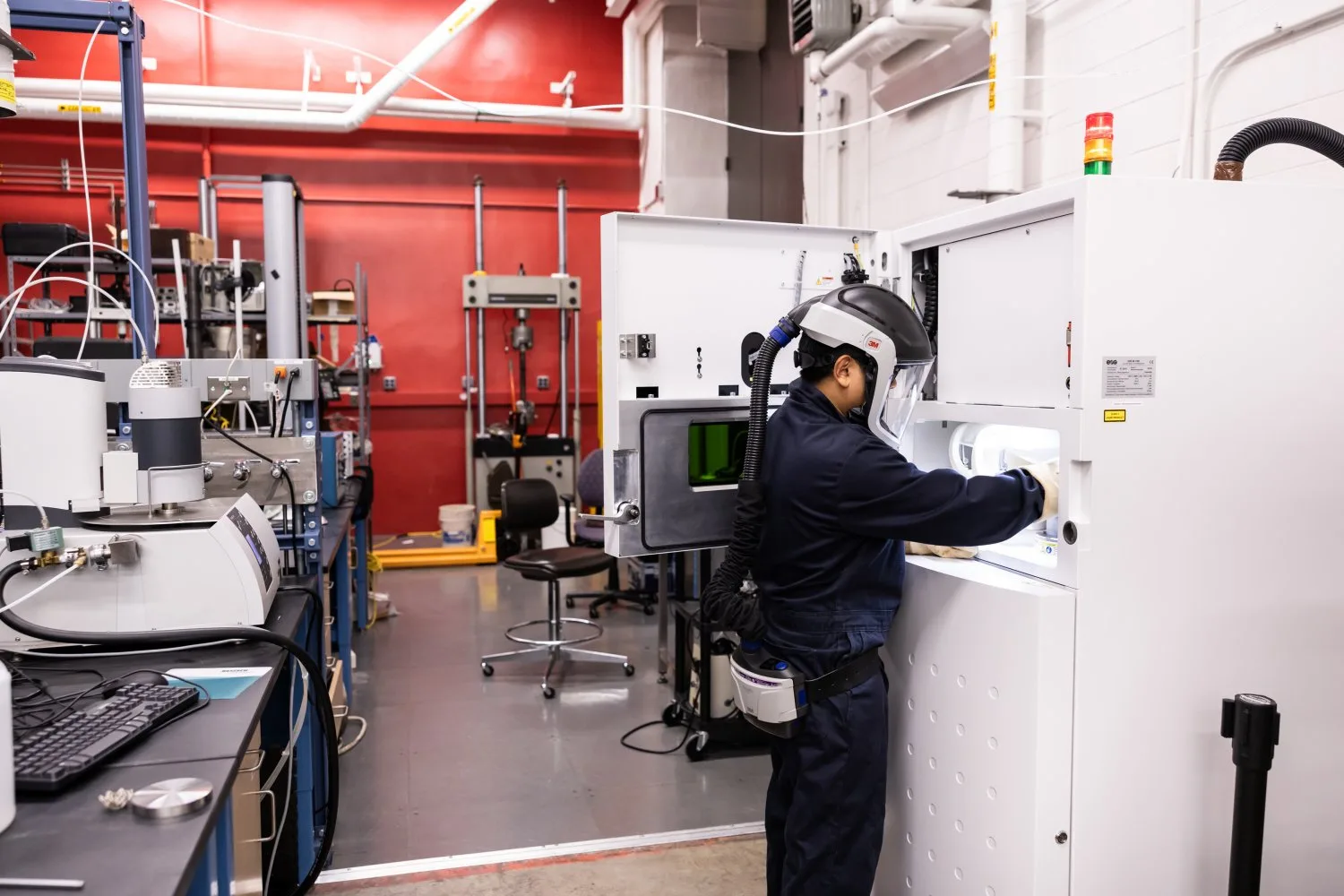During a recent address, White House science advisor Arati Prabhakar communicated her robust confidence in U.S. capabilities in science and technology, addressing key national challenges.
“The essence of science, technology, and innovation is to expand possibilities and help us realize our greatest aspirations,” stated Prabhakar, who directs the Office of Science and Technology Policy (OSTP) and co-chairs the President’s Council of Advisors on Science and Technology (PCAST).
“Our national aspirations today are as ambitious as ever,” she added.
Prabhakar’s discussion centered on three pivotal issues: cancer prevention, climate change, and artificial intelligence (AI). She underscored the importance of maintaining U.S. leadership in science and technology research, highlighting this as a long-standing strength of the nation.
“Since the conclusion of World War II, we have committed to enhancing basic research, strengthening our universities, and nurturing unparalleled research capacity. We must continue on this path,” she emphasized.
She also noted improvements in commercializing technologies derived from basic research, indicating that “Capital flows where there’s a tangible opportunity for profit and growth.” The Biden administration has initiated various public-private collaborations aimed at expediting technology advancements into the marketplace.
Near 300 attendees filled MIT’s Wong Auditorium for the event, organized by the Manufacturing@MIT Working Group. The talk featured introductory remarks from Suzanne Berger, a distinguished Institute Professor and an authority on the innovation economy, alongside MIT’s School of Science dean, Nergis Mavalvala, an astrophysicist recognized for her contributions to gravitational-wave detection.
Berger expressed pride in the 2015 gravitational wave discovery, attributing its success to U.S. government support, while Mavalvala appreciated Prabhakar’s focus on cutting-edge research and the vital role universities play in advancing national science and technology.
Prabhakar brings a wealth of experience from both governmental and private sectors to her role at the OSTP. Appointed in October 2022, she previously led the Defense Advanced Research Projects Agency (DARPA) from 2012 to 2017 and administered the National Institute of Standards and Technology (NIST) from 1993 to 1997.
Additionally, she has held executive roles at Raychem and Interval Research and spent ten years with U.S. Venture Partners. An engineer at heart, Prabhakar earned a BS in electrical engineering from Texas Tech University in 1979, followed by an MA from Caltech in 1980 and a PhD in applied physics in 1984.
On health topics, Prabhakar highlighted the ambitious “Cancer Moonshot” initiative aimed at halving cancer mortality over the next 25 years through improved healthcare delivery, enhanced detection methods, and decreasing public exposure to carcinogens. “We should aspire to a future where good health is a standard, allowing individuals to fully enjoy their lives,” she remarked.
Addressing AI, she acknowledged its vast potential but also the accompanying challenges, stating, “It’s time for decisive action to ensure it benefits people economically and socially.”
Regarding climate change, Prabhakar asserted, “We acknowledge that climate will evolve. However, the severity of these changes is within our control. Together, we can pave the way for a better future.” She pointed to the bipartisan infrastructure bill of 2021 and the Biden administration’s Inflation Reduction Act as significant measures towards this goal.
“These initiatives represent the largest commitment to clean energy transition ever made globally,” she commented, adding, “I used to feel despondent about our ability to enact change; now I am filled with hope.”
After her talk, Prabhakar participated in a panel discussion with the MIT Energy and Climate Club co-presidents: Laurentiu Anton, a doctoral candidate in electrical engineering and computer science; Rosie Keller, pursuing an MBA at MIT Sloan; and Thomas Lee, a doctoral student at the Institute for Data, Systems, and Society.
In response to concerns about declining public trust in science, Prabhakar shared some insights. “First and foremost, don’t take it personally,” she counseled, pointing out that the public’s trust in science is experiencing a gentler decline compared to other institutions.
Using humor, she noted that “scientist” remains a highly regarded trait in polls regarding marital aspirations. “We’re still winning on that front,” she joked.
More earnestly, Prabhakar emphasized that scientists shouldn’t merely preach to the public but should strive to communicate facts clearly and humbly. “We must work to ensure that people understand the value of facts in making informed choices about our future,” she advised.
Reflecting on her role, she aligned her work with President Biden’s vision of America as a land of “possibilities.” “That fundamental idea inspires me. Our work in science and technology is intrinsically linked to creating those possibilities,” she asserted.
Ultimately, Prabhakar conveyed that scientists and technologists throughout American history have a shared duty to collaborate, fostering opportunities and expanding potential for all citizens. “This is both the privilege and responsibility of our profession,” she stated.
Photo credit & article inspired by: Massachusetts Institute of Technology



